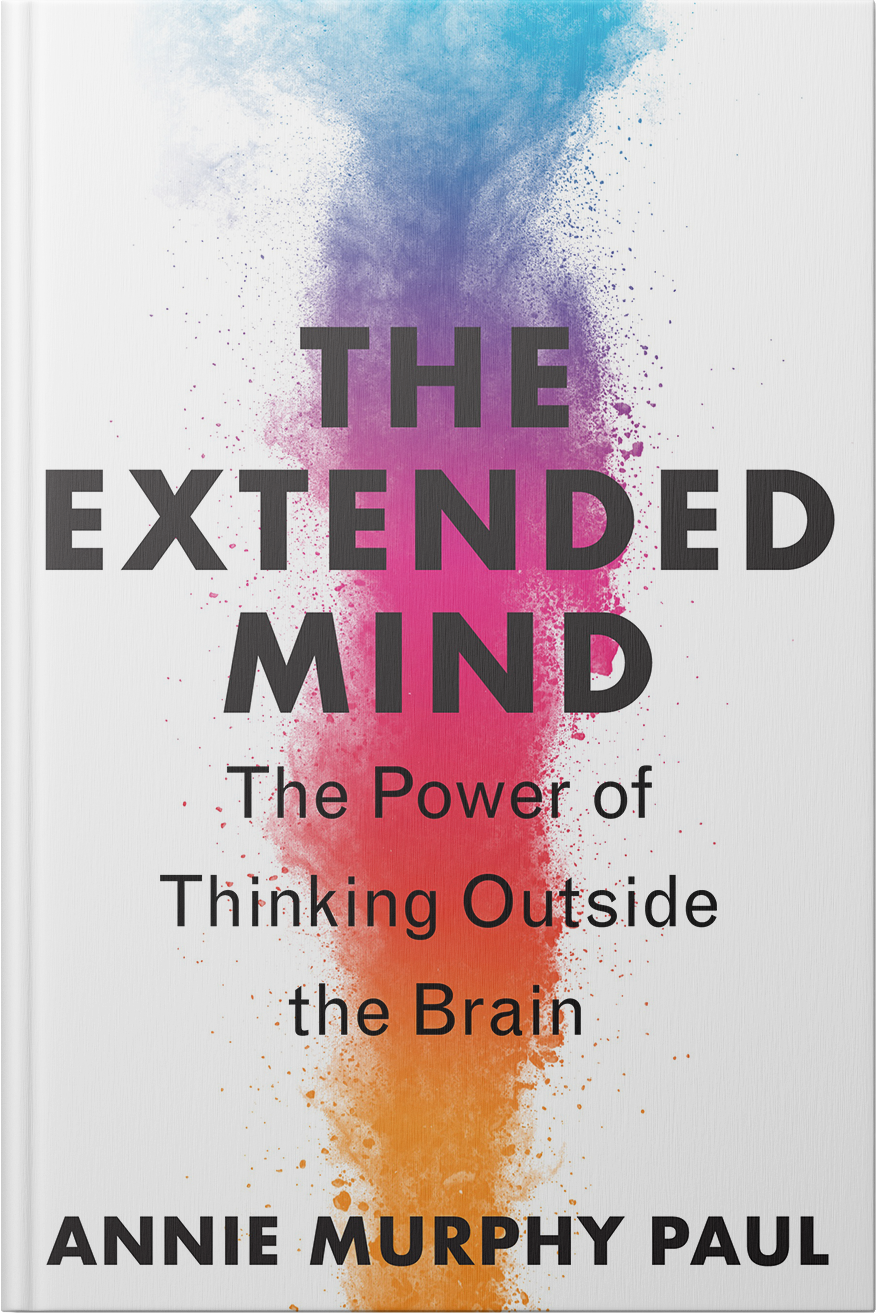Moving our bodies can help us express, and even to understand, an abstract concept. One very enjoyable example of this phenomenon is the annual “Dance Your Ph.D.” contest, in which scientists explain their research through dance. NPR just reported on this year’s winners.
“The winning entry came from three atmospheric science graduate students at the University of Helsinki,” reports Barry Gordemer. “They created a rap video, complete with choreography—and a breakdown as well as a catchy chorus—to explain how clouds are formed.”
As a science writer, I’m very interested in the way we can “extend” our minds with our bodies. In my forthcoming book, I describe how four different types of movement can make this happen: congruent movements, novel movements, self-referential movements, and metaphorical movements.
The research I cite in the book shows that moving your body can help you understand a concept more deeply than would sitting still and “using your head.” And if your moves win you the “Dance Your Ph.D.” contest, NPR notes, you get something else in addition: “Internet geek fame.”
Here’s Gordemer’s report:
“Watch The Winners Of The ‘Dance Your Ph.D’ Contest Make Cloud Formation Catchy”
Barry Gordemer, on NPR
And here’s the winning dance:
“Molecular Clusters”
Jakub Kubečka, Ivo Neefjes, and Vitus Besel, for “Dance Your Ph.D.”
